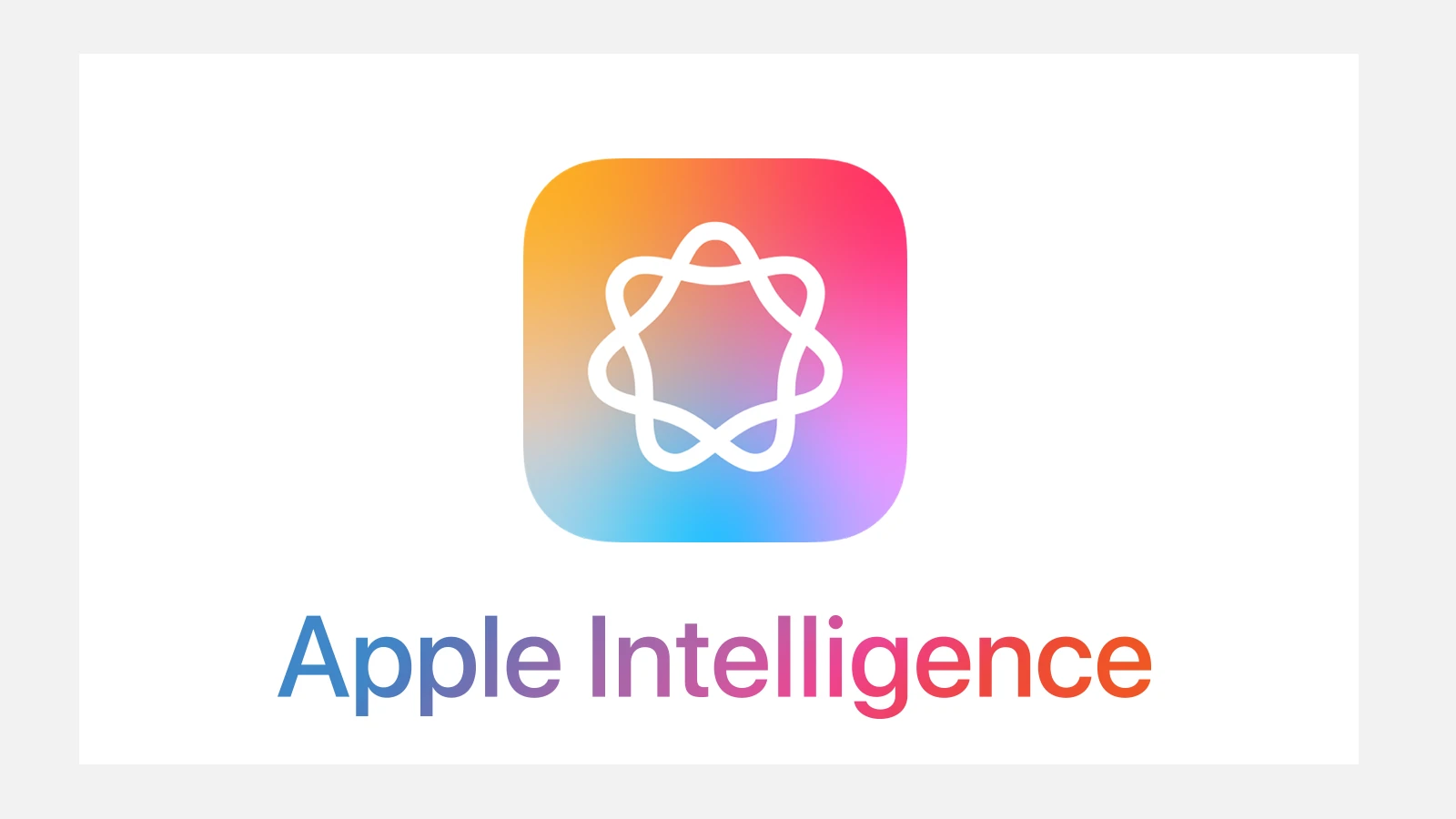People and pundits have begun to express their displeasure and confusion over Apple Intelligence recently, and there are valid reasons for this. When Apple launched iOS 18 alongside the iPhone 16 lineup in September 2024, many expected to get our first glimpse at Apple Intelligence – a feature set that Apple has been pushing for over a year now. But, sadly, it didn’t make the final cut when iOS 18 was released. This was a huge letdown and likely had a negative effect overall on the iPhone 16 launch.
Luckily, things turned around a month later, and the delayed roll-out was finally made public with iOS 18.1 in October 2024. And was everyone thrilled to finally see what it was? Not really. Most couldn’t really tell what the point of it was (at first) and it definitely caused a lot of confusion along with some concern over how it was misinterpreting things. There were definitely some kinks that Apple needed to work out.
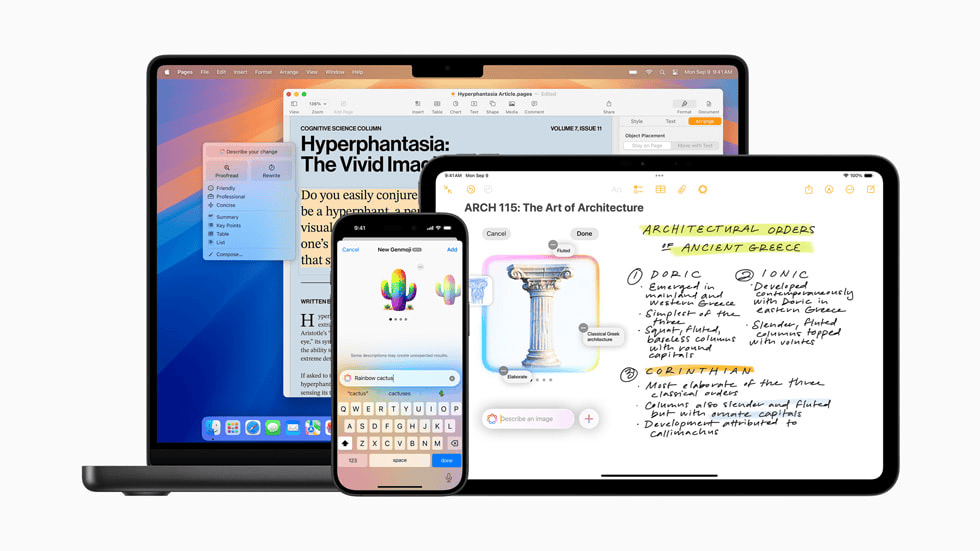
Since then Apple has been adding features to Intelligence to mixed reactions from tech enthusiasts and analysts about their usefulness and functionality. And while every new feature Apple has introduced shows potential, the ability of Apple Intelligence doesn’t quite measure up to the current alternatives offered by more established AI models and applications.
That said, it’s important to remember that this is Apple we’re talking about. Although they are new to the public-facing AI game and Intelligence technology is still in its infancy, they aren’t so far behind that there’s no hope. While there is definitely some catching up to do, who has more resources than Apple to do just that?
Despite initial limitations, Apple Intelligence could evolve into a powerful tool with a user base larger than nearly any other Ai tool. How? Well, as of September 2024, Apple holds the largest smartphone market share in the United States, at 57.39%. This means that any features Apple rolls-out are instantly available to their huge ecosystem of users. And that’s not to mention how many people touch other Apple products that will only feature more and more Apple Intelligence functions (like Mac, iPad, and Apple TV).
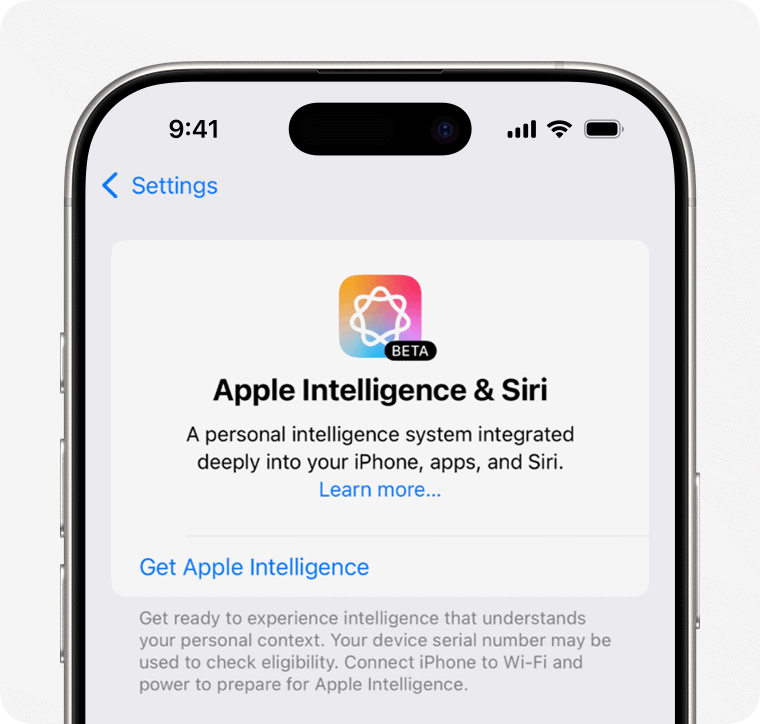
So while early adopters have noted that Apple’s models currently lag behind competitors, this gap is only going to narrow given the company’s history of refining and improving its technologies over time. Maybe they have been slow—perhaps too slow—in bringing features to market. But remember, Apple has to balance rushing Ai to their user base vs. their commitment to privacy and the importance of functionality on their devices. OpenAI and ChatGPT can release products at a much faster rate because they don’t necessarily have to ship code that runs over half the phones in the US. They are an application developer. Apple is an entire ecosystem that values user data protection and privacy.
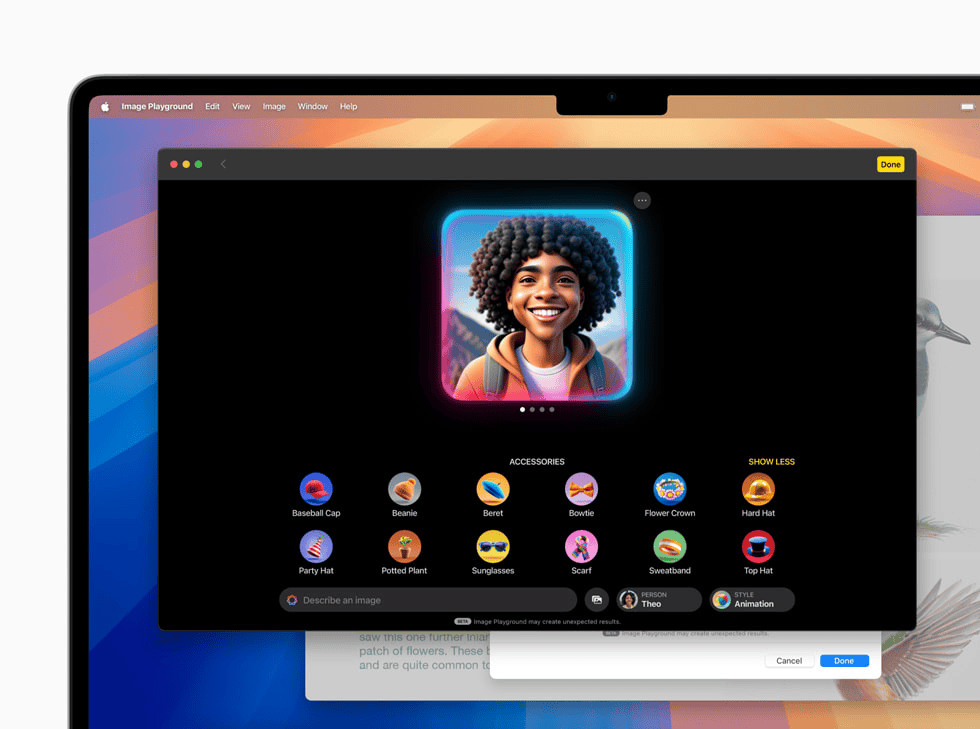
The other major issue Apple has been running into is hardware capability. iPhones older than the 15 Pro series struggle to run the intelligence features. And older hardware like the Apple TV 4K and older Macs and iPads would also need refreshes. Apple recommends iPad Pro from 2021 or later, iPad Air from 2022 or later, and iPad mini (A17 Pro) models or newer for Intelligence – just imagine how many iPhones and iPads are out there that simply do not meet that criteria.
With all of this said, we have faith in Apple and their gradual rollout strategy to allow for continuous improvements as they get more and more real-world usage data. With features that just released like Image Playground and Genmoji, there is still ample room and a very bright future for Apple Intelligence to grow into and surprise its skeptics.
The Future of Apple Intelligence
Current Criticisms of Apple Intelligence
Many people feel Apple Intelligence is underwhelming. Some say it doesn’t do much. Others find it confusing. It’s true that the first version isn’t packed with flashy features. It doesn’t have all the advanced tricks some competitors offer. But it’s important to look at the bigger picture.
Apple’s Approach: Privacy First
Apple takes a different approach to AI. They focus on privacy. They do as much processing as possible on the device itself. This keeps your data safe. Other companies send your data to their servers. This can raise privacy concerns. Apple chooses a harder path. On-device processing is more complex. It can limit some features. But it’s better for your privacy.
The Power of Integration
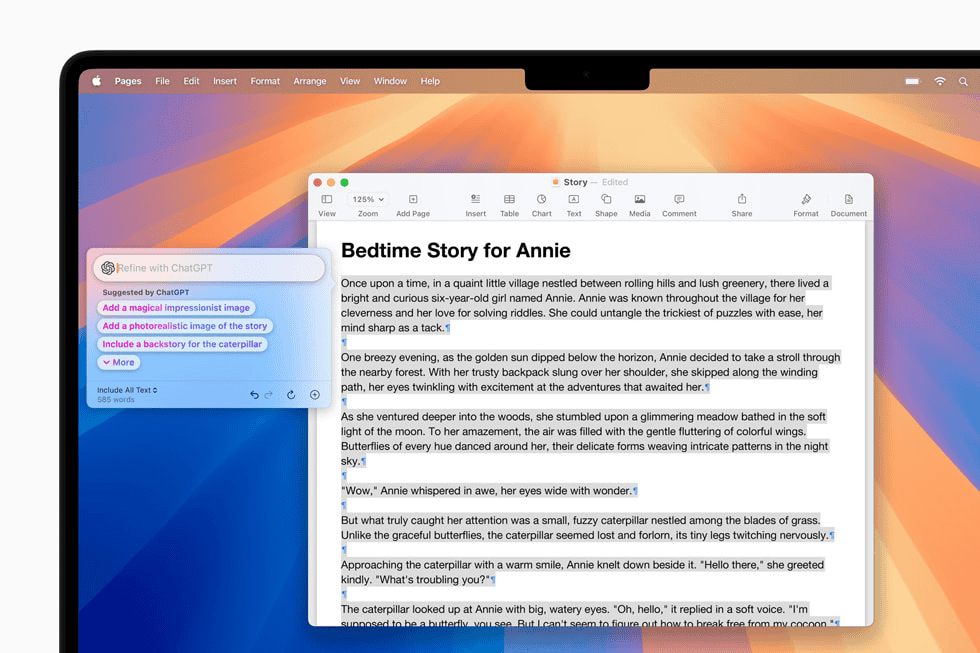
Apple Intelligence works best within the Apple ecosystem. It’s designed to work smoothly with your iPhone, iPad, Mac, and other Apple devices. This integration is key. It allows for a more personal and seamless experience. As more features are added, this integration will become even more valuable.
Data and Improvement
AI gets better with more data. As more people use Apple devices and features, Apple Intelligence will learn and improve. This is how all AI works. The more data it has, the smarter it gets. Apple has a huge user base. This gives them a lot of data to work with. Over time, this will lead to big improvements.

Focus on Core Features
Apple is starting with core features. They are focusing on things that people use every day. This includes things like photo organization, text prediction, and Siri improvements. These features may seem simple. But they are important. They make your devices easier to use. As these features get better, the overall experience improves.
Long-Term Strategy
Apple is playing the long game. They are not trying to release a flashy product today. They are building a foundation for the future. They are focusing on privacy, integration, and core features. This is a smart strategy. It will lead to a more powerful and useful AI in the long run.
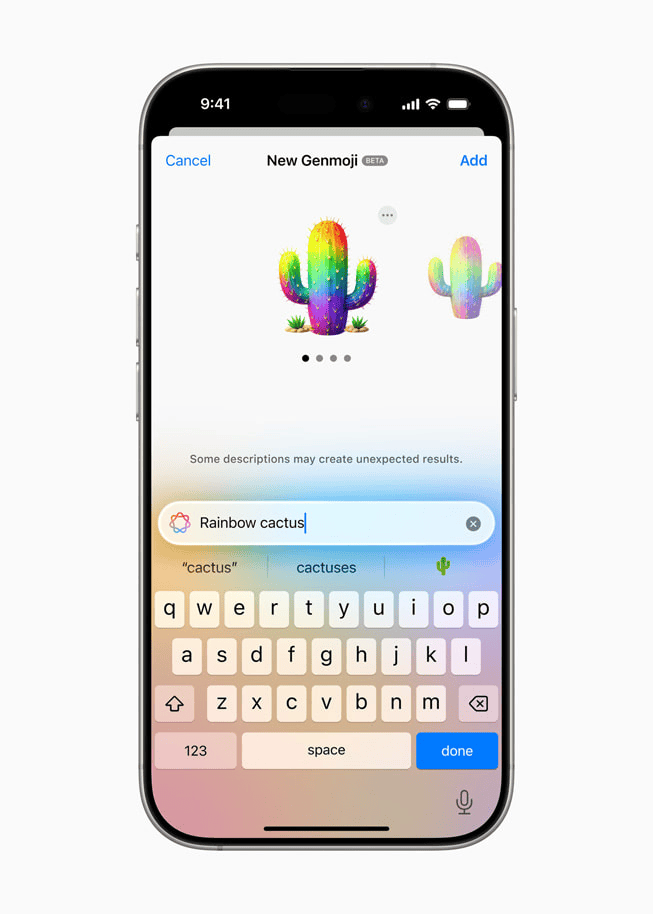
Comparison to Competitors
Some people compare Apple Intelligence to other AI systems. This is not a fair comparison. Apple has different goals. They prioritize privacy and integration. Other companies prioritize features. Each approach has its pros and cons.
| Feature | Apple Intelligence | Competitors |
|---|---|---|
| Privacy | High (On-device processing) | Lower (Cloud-based processing) |
| Integration | Strong (Within Apple ecosystem) | Varies |
| Initial Features | Core, everyday features | More advanced, experimental features |
The Importance of Patience
It’s important to be patient with Apple Intelligence. It’s still new. It will get better over time. Apple is building something important. They are not just trying to create a quick gimmick. They are building a foundation for the future of computing.
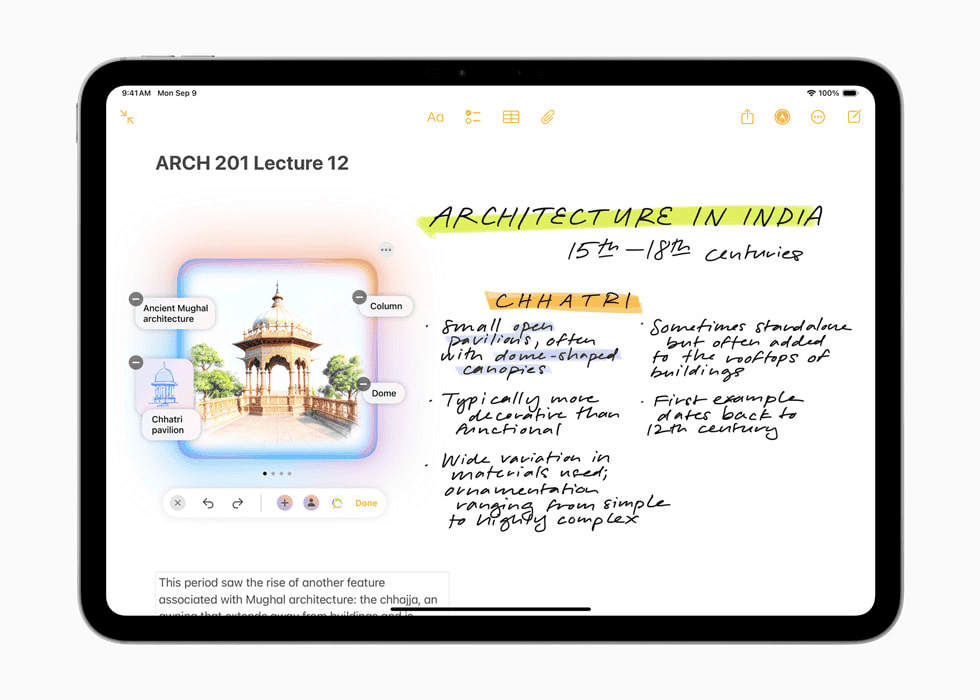
The Future of On-Device AI
Apple’s focus on on-device processing is a key trend in AI. It offers better privacy and faster response times. As technology improves, on-device AI will become even more powerful. This will open up new possibilities for smart devices. Apple is well-positioned to take advantage of this trend.
Key Takeaways
- Apple Intelligence shows potential despite initial limitations
- The company’s focus on privacy may give it a competitive advantage
- Upcoming features could significantly enhance Apple Intelligence’s capabilities
The Evolution of Apple Intelligence
Apple Intelligence has undergone significant changes since its inception. The journey from basic voice commands to advanced AI features marks a transformative period for Apple’s digital assistant technology.
From Siri to Siri 2.0
Siri, Apple’s virtual assistant, launched in 2011 as a revolutionary feature on the iPhone 4S. It started with basic voice commands and simple queries. Over time, Siri gained new abilities like setting reminders, sending messages, and providing weather updates.
In 2023, Apple announced Siri 2.0, a major upgrade. This new version brought improved natural language processing and context understanding. Siri 2.0 can now handle more complex requests and maintain conversations across multiple topics.
The latest iteration also integrates with more third-party apps, expanding its usefulness across the iOS ecosystem.
IOS 18: The Next Frontier
iOS 18, released in September 2024, marks a significant leap for Apple Intelligence. This update introduces a suite of AI-powered features across native apps.
The Photos app now uses AI for advanced image editing and organization. Users can generate custom albums based on specific criteria or edit photos with AI-assisted tools.
Safari gained AI-powered browsing assistance, offering smarter search suggestions and content summaries. The Mail app now includes AI writing assistance for composing emails.
These enhancements showcase Apple’s commitment to integrating AI throughout the user experience.
The Integration of AI Features in IOS
iOS 18 brought AI features to core Apple apps. The Notes app now offers AI-powered organization and content generation. Users can summarize long notes or expand on brief ideas with AI assistance.
Visual Intelligence allows users to identify objects, landmarks, and text in images across the system. This feature works in Photos, Safari, and even the camera viewfinder.
Genmoji, a new AI-powered feature, creates personalized emojis based on user photos or descriptions. This adds a fun, customized element to messaging.
These integrations demonstrate Apple’s strategy of weaving AI capabilities into everyday tasks, enhancing user productivity and creativity.
Apple’s Response to Google and OpenAI

Apple’s AI push comes as a response to advancements by competitors like Google and OpenAI. While these companies released standalone AI chatbots, Apple chose to integrate AI features directly into its operating system.
This approach aligns with Apple’s focus on privacy and user experience. By building AI capabilities into iOS, Apple maintains control over data usage and ensures seamless integration with its hardware.
Apple also emphasizes on-device processing for many AI tasks, reducing reliance on cloud services and enhancing privacy.
The company’s measured approach contrasts with the rapid release cycles of some competitors, reflecting Apple’s preference for refining features before wide release.
Future Directions for iPhone Capabilities
Apple Intelligence is set to expand further in upcoming iOS updates. Rumors suggest enhanced AI features for AirPods, potentially offering real-time language translation and improved noise cancellation.
The Apple Watch may gain new health-focused AI capabilities, such as more accurate workout tracking and personalized health recommendations.
iOS 18.4, expected in early 2025, might introduce more advanced ChatGPT-style interactions within Siri, allowing for more natural conversations and complex task completion.
Apple is also exploring ways to use AI for improved battery management and performance optimization across devices.
These potential advancements indicate Apple’s ongoing commitment to enhancing its AI offerings across its product ecosystem.
Frequently Asked Questions
Apple Intelligence brings new capabilities to iOS devices, raising questions about its impact on performance, user experience, and compatibility. Users seek clarity on how to leverage this technology effectively while managing potential trade-offs.
What are the implications of adopting Apple Intelligence for device performance?
Apple Intelligence may increase processor and memory usage on iOS devices. This could lead to slightly slower performance on older models. Newer devices with more powerful chips handle the extra load better.
Users might notice shorter battery life when using AI features extensively. Background processes related to Apple Intelligence can consume additional power.
What alternative strategies exist for users hesitant to utilize Apple Intelligence?
Users can disable specific AI features in Settings to conserve resources. Third-party apps offer similar functionality without relying on on-device AI processing.
Cloud-based AI services provide an alternative for users with older devices. These offload processing to remote servers, reducing the strain on local hardware.
How does Apple Intelligence influence the user experience on newer models like the 14 Pro?
The iPhone 14 Pro’s A16 Bionic chip enables smoother AI experiences. Users enjoy faster text predictions, improved photo editing, and more accurate Siri responses.
AI features integrate seamlessly with iOS on newer models. This creates a more intuitive and personalized user interface.
In what ways does Apple Intelligence integration impact device battery longevity?
Constant AI processing can increase battery drain. Users may notice reduced battery life, especially when using AI-intensive features frequently.
Optimizing settings and limiting AI usage helps preserve battery health. Apple continues to refine power management for AI features in iOS updates.
What are the key benefits associated with the use of Apple Intelligence in mobile devices?
Apple Intelligence enhances productivity through smarter text prediction and autocorrection. It improves photo organization and editing with AI-powered suggestions.
AI features provide more natural language interactions with Siri. This leads to better voice command recognition and more helpful responses.
How can users ensure compatibility with Apple Intelligence when updating their devices?
Check device compatibility before updating to iOS versions with Apple Intelligence. Apple typically lists supported models for each major iOS release.
Ensure sufficient storage space for the update and AI models. Backing up data before updating protects against potential compatibility issues.

